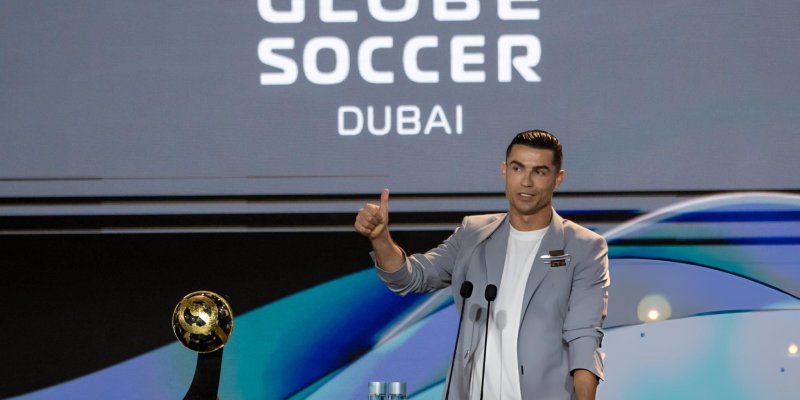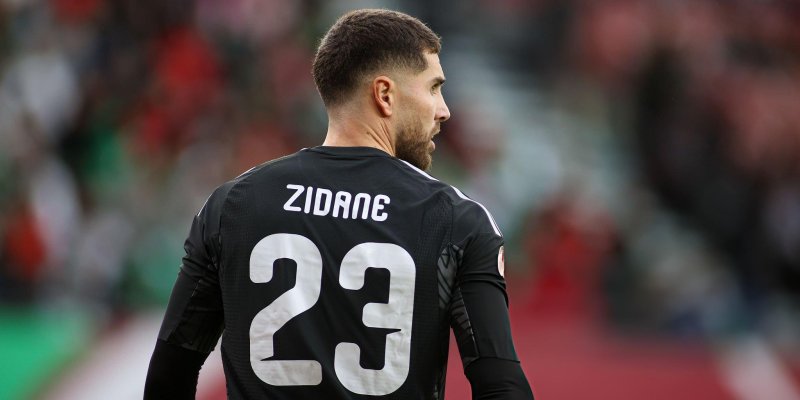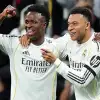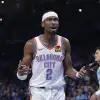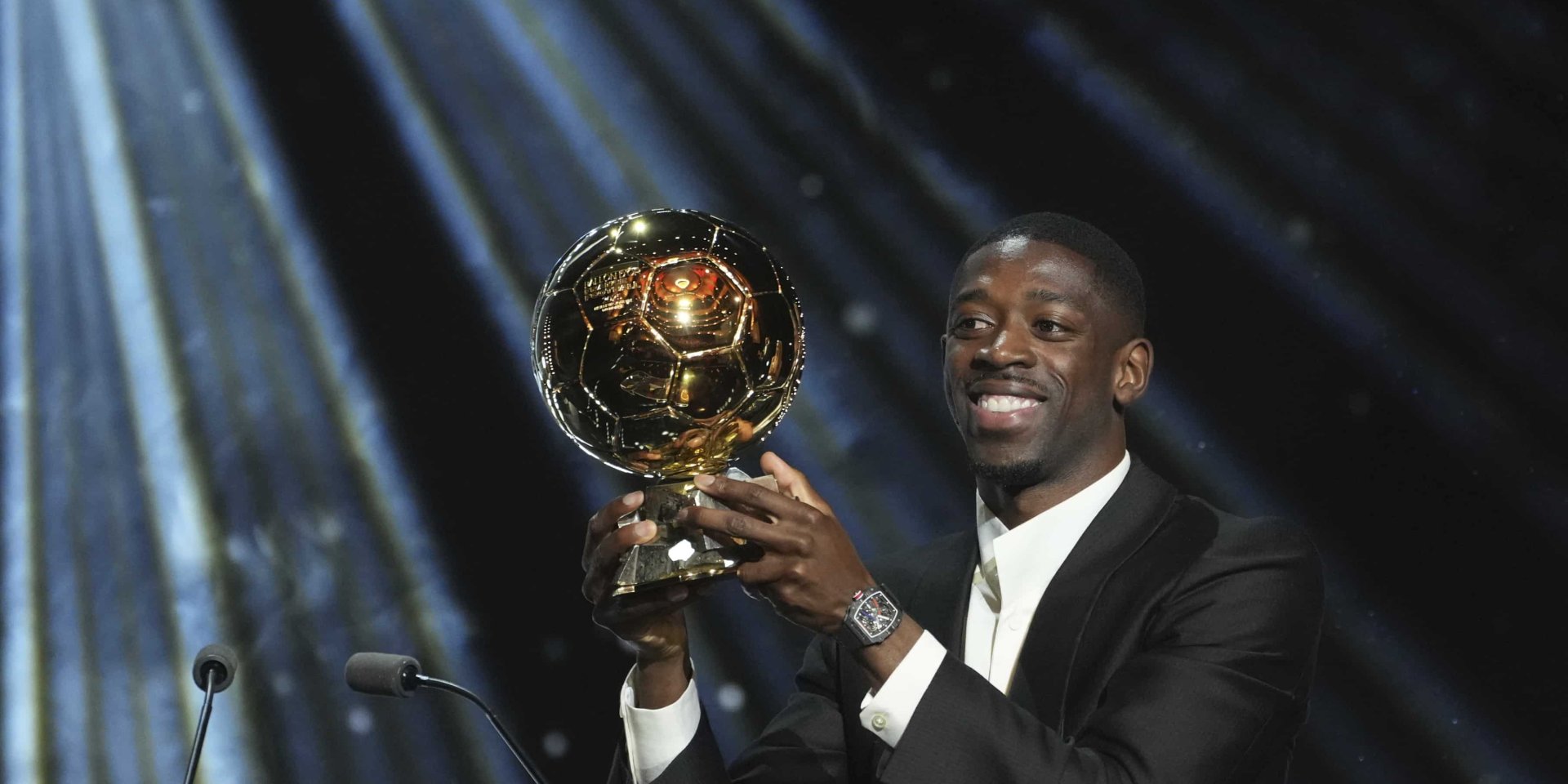
In Paris, they had long dreamed of a footballer who would not just decorate the highlights but drag the team through the decisive weeks of the season. Ousmane Dembélé did exactly that — and claimed the year's top individual prize. His path to the Ballon d'Or 2025 was not a flash in the pan but the final chord of a title-winning project: five trophies with PSG, key goals in the knockout rounds, player-of-the-season status, and a display of mature football where not only dribbling and pace matter but also discipline without the ball.
Six Months of Trophies: When Paris Won It All
A flawless run began in January. First came the French Super Cup, then the league title and the Coupe de France. The most precious jewel in the crown was the UEFA Champions League, the summit PSG had chased for so long. In the summer, the UEFA Super Cup joined the collection. In parallel, the team reached the FIFA Club World Cup final, and at international level Dembélé's France finished third in the UEFA Nations League. The schedule was dense and the weight of every match maximal. In each of these tournament storylines, Dembélé's name appeared not for the sake of statistics but as a marker of influence.
35 Goals: A System, Not a Streak
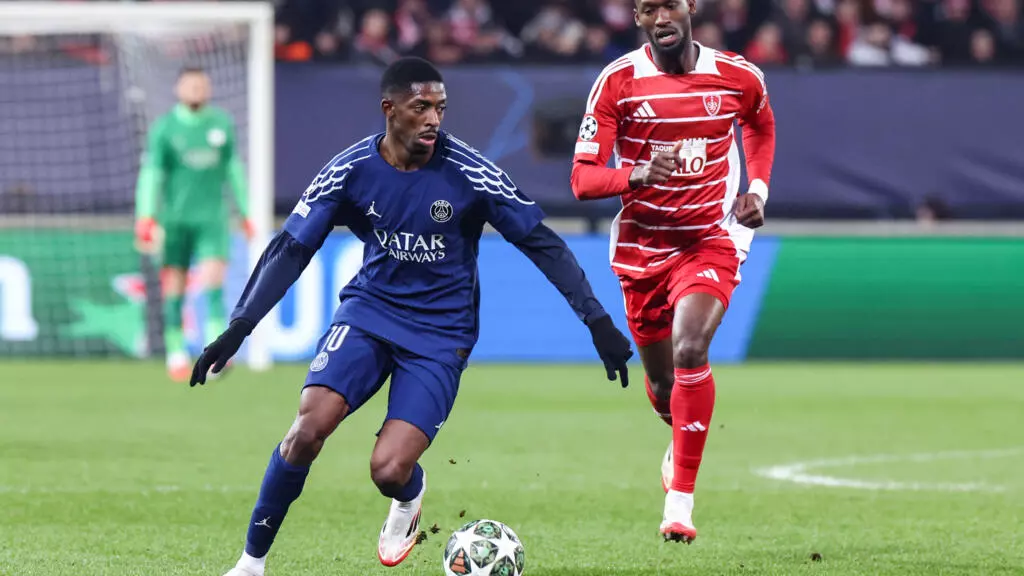
The numbers confirm the sense of dominance. His 35 goals for PSG were a composite of different scenes: 21 in Ligue 1 (he won the scoring race, tying Marseille's Mason Greenwood), eight in the Champions League — including a brace in the play-off round to reach the knockouts, a hat-trick in the spring phase, and strikes against giants such as Manchester City, Liverpool, and Arsenal. He added six more across other competitions. Meanwhile, Dembélé's value extended beyond scoring: he dragged defenders out of shape, opened channels for teammates, and punished even the smallest gaps between the lines.
MVP Where Trophies Count
PSG swept the domestic titles and the continental summit — it was only logical that the team's lead player was named the best. Ousmane was Player of the Season in both Ligue 1 and the Champions League. Such awards seldom arrive by accident: they require impact over the long haul and decisive moments in the knockout rounds. Dembélé did both.
A Bumpy Start, an Orchestral Finish
The season did not promise to be smooth. Early on there were odd incidents, friction with Luis Enrique, and even exclusions from the squad. Then came the perfect professional response. When the matches arrived in which even a single extra touch is unforgivable, Ousmane became the most stable and useful figure in the attacking group. His peak form fell in the closing months — a rare gift of timing.
France Draws Level With Argentina… That Is, Messi
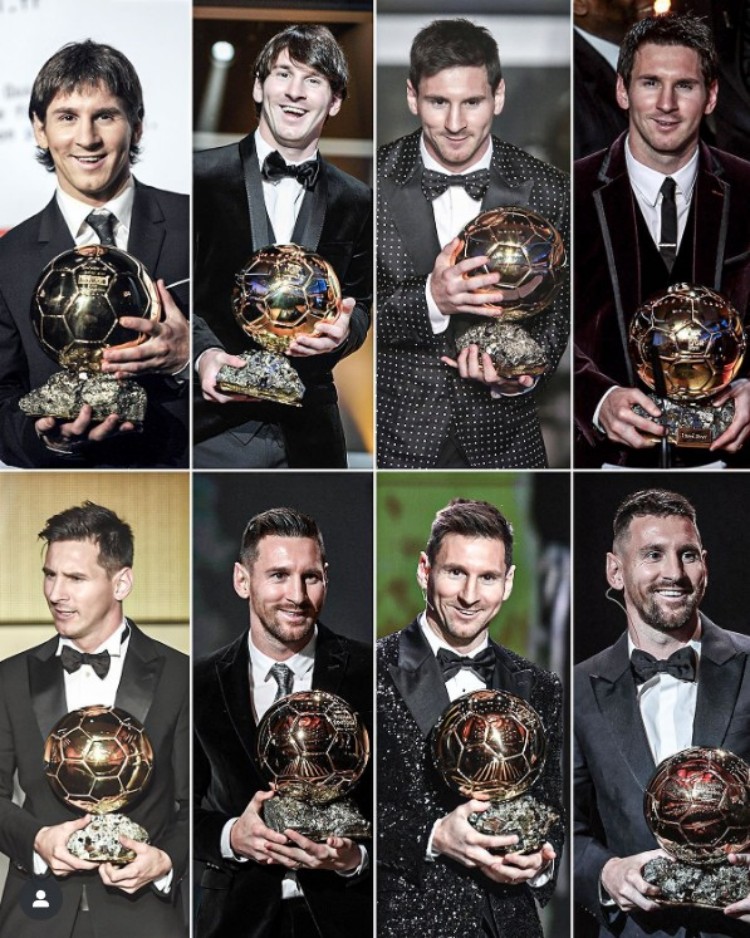
History loves symmetry. French footballers now have eight Ballons d'Or — as many as Argentines, with all eight belonging to Lionel Messi. Dembélé is the sixth French laureate after Michel Platini (three times), Raymond Kopa, Jean-Pierre Papin, Zinedine Zidane, and Karim Benzema. For scale: Germany and Italy have five different winners each.
There are club rhymes too. Dembélé is the second active PSG player to lift the Ballon d'Or (the first was Messi in 2021). In the year of the award, the prize has often intersected with Ligue 1: Papin received it while at Marseille, and the careers of Messi and George Weah included a Paris spell in their award seasons. Another overlap is with the coach: Dembélé became the second player to take the Ballon d'Or in a team led by Luis Enrique, after Messi a decade ago at Barcelona.
Luis Enrique on Pressing, Dembélé on the Dream
Talk of the leading favorite grew with each Champions League stage. Before the final, Ousmane pushed individual accolades to the background: his primary target was the Champions League, which PSG had never won. The coach, however, was direct. Right after the decisive match, Luis Enrique said he would give the Ballon d'Or to Dembélé for his work without the ball — the defensive actions and pressing that kept the team's structure at perfect tension. Ousmane responded more modestly: he recalled tough seasons with injuries and poor form, said that making the top 20 would already be happiness, and likened the Ballon d'Or to the 'Holy Grail' every player dreams about from childhood.
Did He Deserve It? The Arguments Are on the Scoreboard
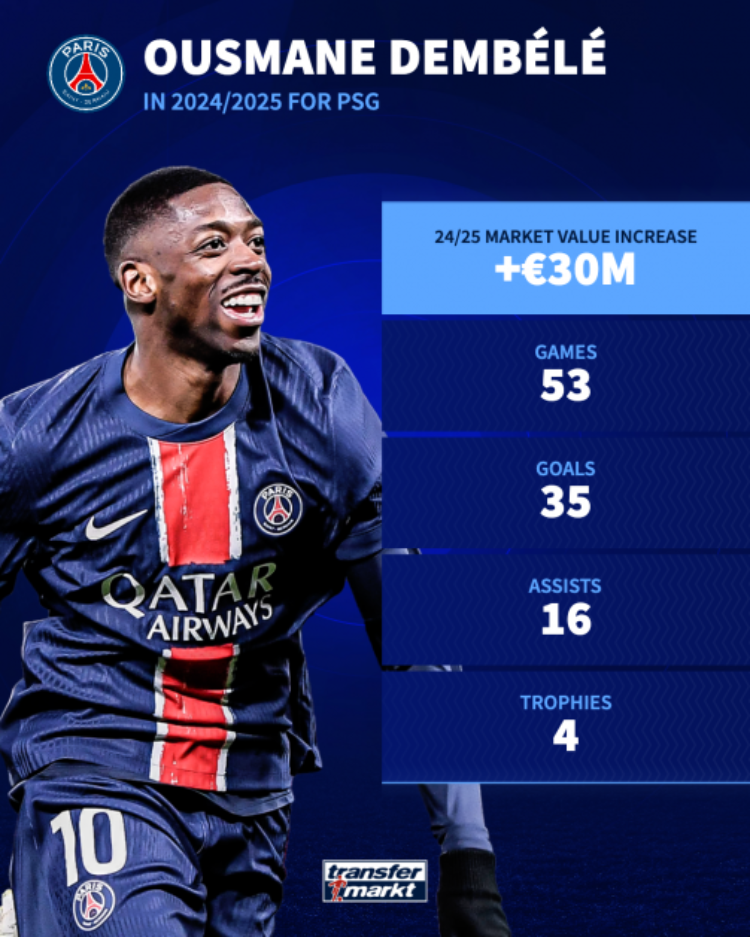
Remove the emotion and leave only the criteria, and the puzzle fits. Team dominance — check: five trophies including the Champions League and the UEFA Super Cup. Individual metrics — check: 35 goals with decisive strikes against top opponents. Individual statuses — check: MVP in Ligue 1 and the Champions League. Leadership impact — check: from pressing to fine management of space. Over the course of the season, Dembélé evolved from a dazzling touchline technician into a fully fledged project leader. That is the level at which the Ballon d'Or stops being a matter of taste and becomes the logic of football. In 2024/25, that logic worked in Ousmane's favor — and it's hard to imagine a more convincing scenario.

